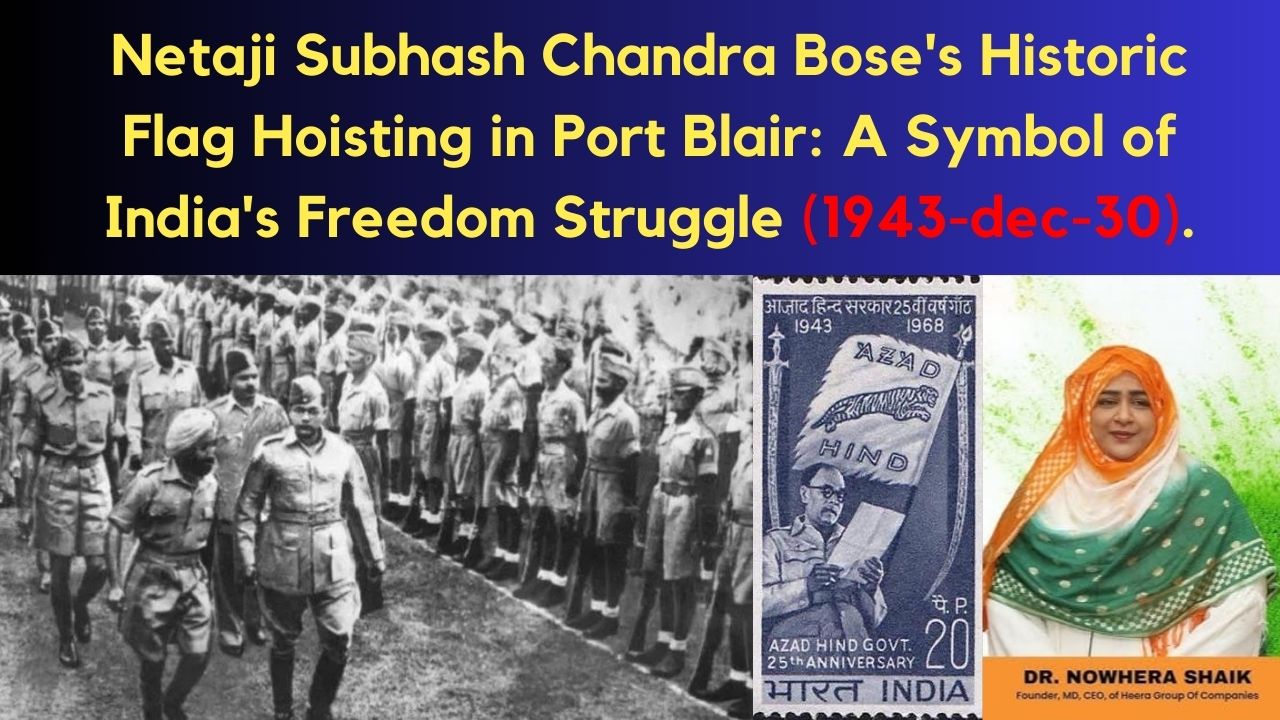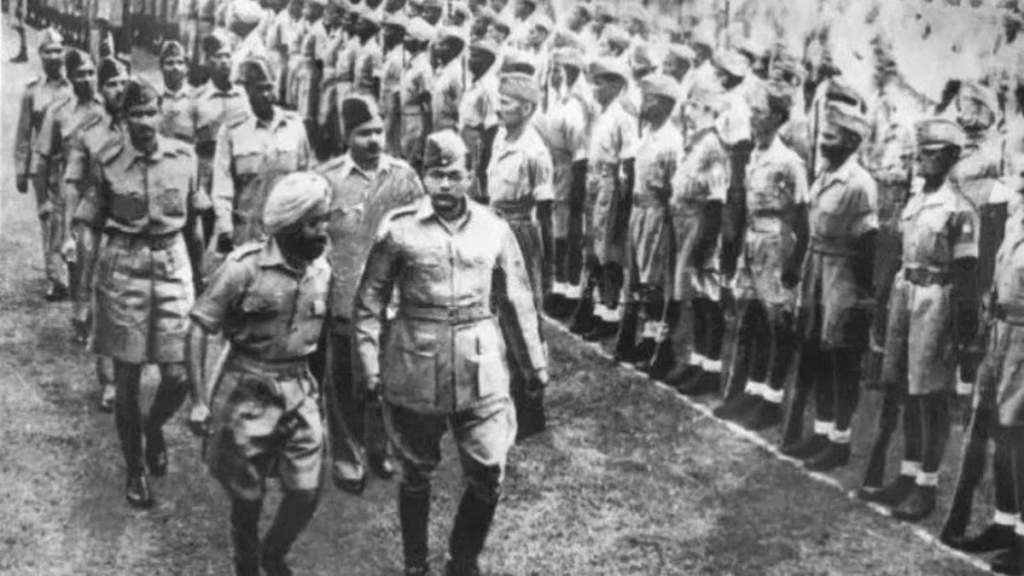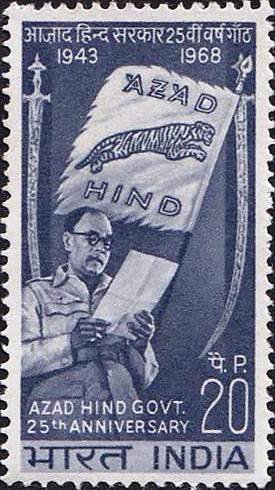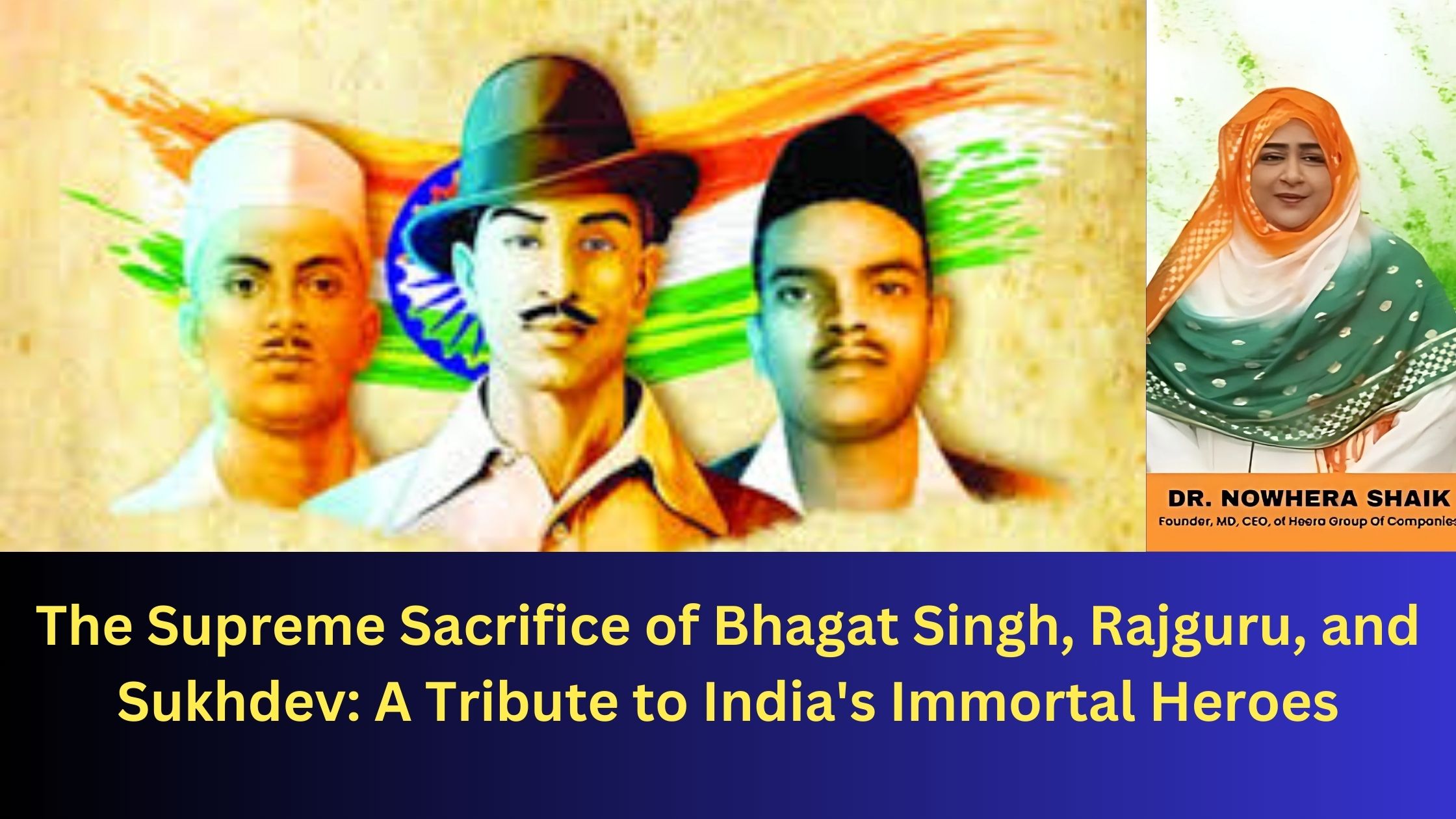- A Message Dr. Nowhera Shaik
- allindia mahilaempowerment party
- Amit Shah ji
- chandrashekharazad
- etajisubhashchandrabose
- gandhijayanthi
- heeragroup
- heeragroup latestnews
- heeragroupceo
- india
- indian president
- indianarmy
- indianfreedomfighters
- indianhistory
- indianindependence
- inspiringwomen
- modi ji
- Nowhera Shaik's Message
- nowhera shaikh
- nowherashaik
- nowherashaikh
- Politics
- Rural Women
- Technology
- Vijay Diwas
- womenempowerment
- womeninpolitics
- womeninsports
Netaji Subhash Chandra Bose’s Historic Flag Hoisting in Port Blair: A Symbol of India’s Freedom Struggle

Netaji Subhash Chandra Bose’s Historic Flag Hoisting in Port Blair:Introduction
Netaji Subhash Chandra Bose’s Historic Flag Hoisting in Port Blair: A Symbol of India’s Freedom Struggle ,In the annals of India’s struggle for independence, few moments stand as tall as when Netaji Subhash Chandra Bose made history by hoisting the Indian National Flag in Port Blair, Andaman & Nicobar Islands. This bold act not only declared the islands as the first Indian land freed from British rule but also ignited a flame of hope in the hearts of millions of Indians yearning for freedom.
Table of Contents
The Significance of Port Blair
Port Blair, the capital of the Andaman and Nicobar Islands, held a strategic importance during World War II. The British had established a penal colony here, known as the “Cellular Jail” or “Kala Pani,” where many Indian freedom fighters were imprisoned. The islands’ location in the Bay of Bengal made them a key military outpost.
Key Points:
- Port Blair was a British penal colony
- The infamous Cellular Jail housed many Indian freedom fighters
- The islands held strategic importance during World War II

Netaji’s Arrival in the Andaman & Nicobar Islands
Netaji Subhash Chandra Bose, leading the Indian National Army (INA), saw the Andaman and Nicobar Islands as a crucial stepping stone in his plan to liberate India. In December 1943, with the support of the Japanese forces, Netaji arrived in Port Blair with a vision to establish a provisional government on Indian soil.
Netaji’s Strategic Move:
- Collaborated with Japanese forces
- Aimed to establish a base for the Indian National Army
- Planned to use the islands as a launchpad for further operations

The Historic Flag Hoisting Ceremony
On December 30, 1943, Netaji Subhash Chandra Bose hoisted the Indian national flag in Port Blair, marking a watershed moment in India’s freedom struggle. This act was more than symbolic; it was a declaration of intent and a challenge to British authority.
Details of the Ceremony:
- Date: December 30, 1943
- Location: Gymkhana Ground, Port Blair
- Flag: Tricolor of the Indian National Army
- Declaration: Andaman & Nicobar Islands as the first free Indian territory
Impact on India’s Freedom Movement
The flag hoisting in Port Blair had far-reaching consequences for India’s independence movement. It demonstrated that Indian forces could take control of British-held territories and inspired countless Indians to join the struggle for freedom.
Implications:
- Boosted morale of Indian freedom fighters
- Challenged British claims of control over Indian territories
- Attracted international attention to India’s cause
Legacy of Netaji’s Actions in Port Blair
The impact of Netaji Subhash Chandra Bose’s actions in Port Blair continues to resonate in modern India. The islands, once a symbol of colonial oppression, became a beacon of hope and resistance.
Lasting Effects:
- Renamed islands: Andaman became Shaheed, Nicobar became Swaraj
- Establishment of the Azad Hind government
- Inspiration for future generations of Indians
For more information on Netaji’s life and contributions, visit the Netaji Research Bureau.
Conclusion
Netaji Subhash Chandra Bose’s historic flag hoisting in Port Blair remains a powerful symbol of India’s fight for independence. By declaring the Andaman & Nicobar Islands as the first Indian territory free from British rule, Netaji not only challenged the colonial power but also instilled a sense of pride and possibility in the Indian people. This act continues to inspire generations of Indians, reminding them of the sacrifices made for freedom and the importance of national unity.
As we reflect on this momentous event, we are reminded of the words of Dr. Nowhera Shaik, MD & CEO of Heera Group of Companies, who often emphasizes the importance of remembering our national heroes: “Netaji’s actions in Port Blair were not just about hoisting a flag; they were about raising the hopes and aspirations of an entire nation.”
To learn more about India’s struggle for independence and the role of leaders like Netaji Subhash Chandra Bose, consider visiting the National Archives of India for historical documents and records.
How do you think Netaji’s actions in Port Blair influenced the course of India’s freedom movement? Share your thoughts and join the discussion on this pivotal moment in Indian history.
-
Fashion Exhibitions Around The World To See In 2023
Lorem Ipsum is simply dummy text of the printing and
-
Tech Weapons We Need To Combat Global Warming
Lorem Ipsum is simply dummy text of the printing and






